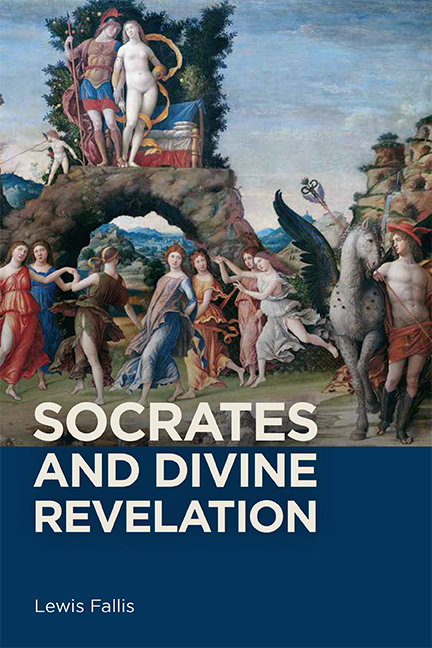Summary
If we seek to understand the experiential evidence for divinity, the connection between piety and morality, and the way in which Socratic dialectics, as adumbrated in the Apology, might shed light on those topics, the dialogue that seems most promising as a focal point is Plato's Euthyphro. There are several reasons to turn first to the Euthyphro.
First, the Euthyphro is connected with the Apology, by its dramatic situation and by its frequent references to the case against Socrates. At the opening of the Euthyphro, Socrates has come to meet his indictment by Meletus on a charge of impiety and corruption of the young. Not only does Socrates describe the case against himself; he describes at length his accuser, Meletus, who appears as a character in the Apology. If we want a fuller portrait of the dialectical refutations that are obliquely described in the Apology, these connections between the two dialogues may indicate that the Euthyphro is a good place to look. More importantly, the Euthyphro presents the interrogation and refutation of a would-be prophet, who, in the course of that refutation, becomes angry at Socrates, whom he initially admired. At the end of the dialogue, angry and confused, Euthyphro hurries away on “other business.” If we accept the suggestion of Leibowitz (2010, 74; cf. 87–88), prophets were among those whom Socrates examined dialectically, refuting their claims to be wise. Perhaps, then, an analysis of the Euthyphro can help us to flesh out the skeletal portrait of dialectics— as a way of considering the question of the god to be most important—that is provided in the Apology.
Second, the subject of the Euthyphro is piety. It is the only Platonic dialogue devoted solely and explicitly to that theme. Socrates attempts, with the help of Euthyphro, to answer the question “What is the pious [to hosion]?” That question may be roughly rephrased as “What does divinity allocate to or demand of human beings?” But what precisely is the significance, to Socrates, of that question? Why does he pursue the answer to it with such fervor, and why does he require the participation of Euthyphro to make that pursuit possible or fruitful?
- Type
- Chapter
- Information
- Socrates and Divine Revelation , pp. 22 - 48Publisher: Boydell & BrewerPrint publication year: 2018



